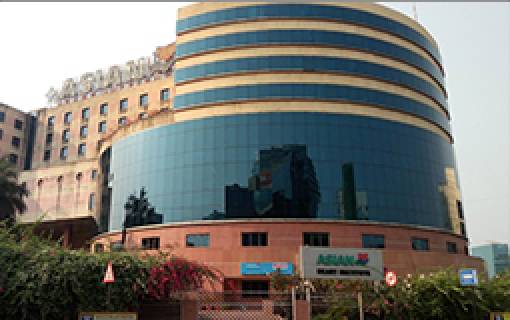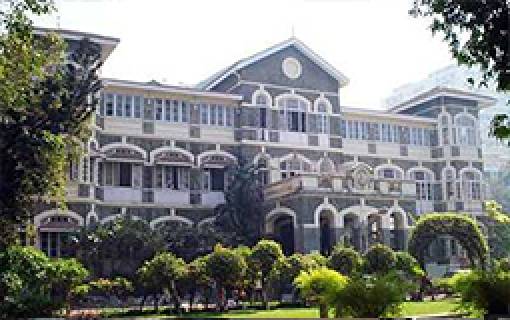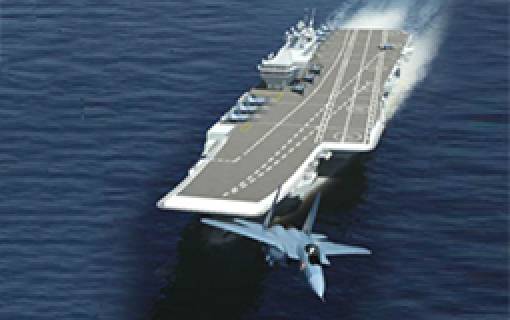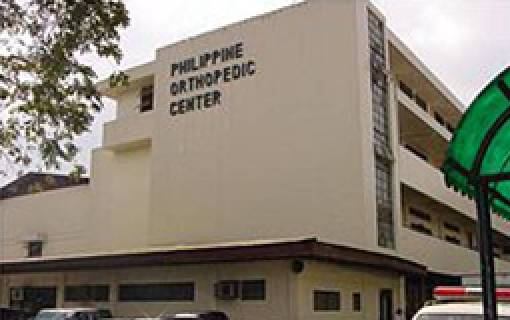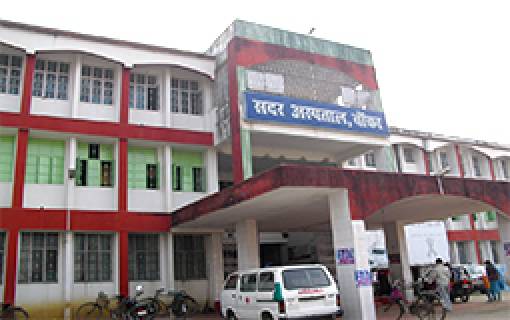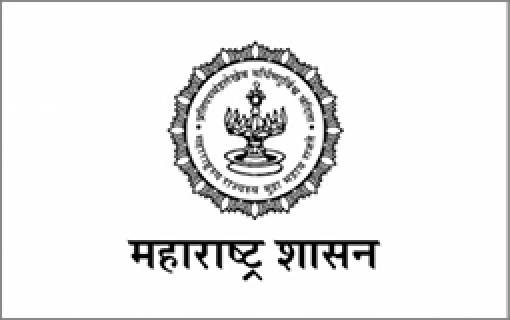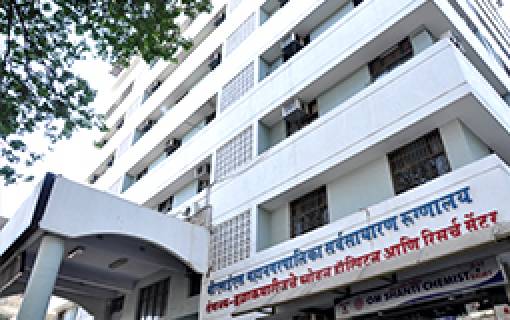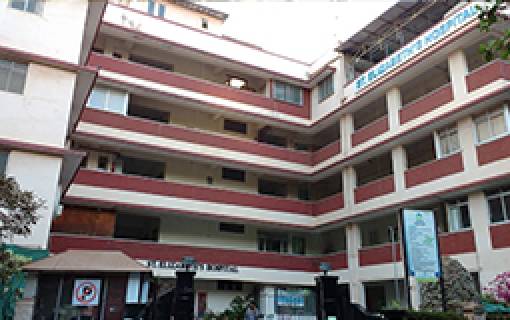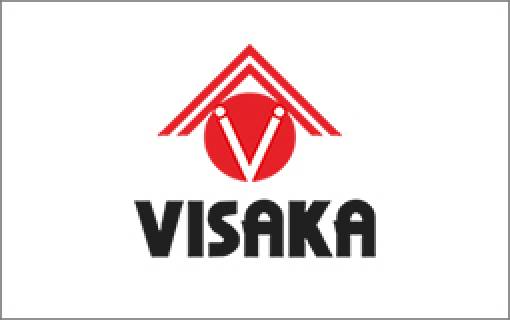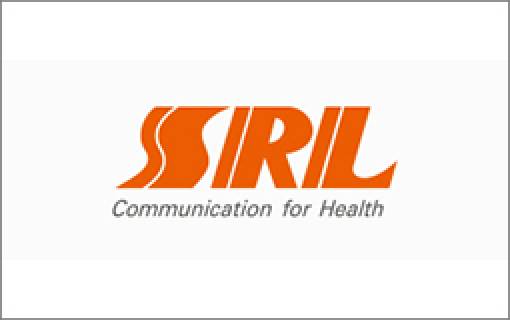Healthcare Consultant Role in Improving Hospitals Performance
In organizations, including hospitals performance enhancement can be achieved only when problem areas/internal loop-holes are adequately addressed. These problem areas are not always noticed as they are masked under routine tasks. More often than not, these issues are brought to the notice of the hospital manager/hospital administrator, when it has already reached its boiling point and has affected several other related areas as well. In such situations, the role of the hospital administrator is more of a firefighter than anything else.
This is just like the frog and the hot water experiment, where, being in the same environment; the frog does not realize the gradual increase in the temperature until it is too late to escape. Similarly, in hospitals, we often keep following the same unbecoming ways that we fail to notice the flaws in. The realization occurs only when it’s too late.

Role of Hospital Consultant
- Service Utilization and Occupancy is one of the prime areas of focus for improving performance. Hospital consultants can critically evaluate the productivity and utilization of major services in the hospital and also compare these with industry benchmarks. Since, they are aware of the pulse and the trend of the industry, hospital consultants can draw parallels and inferences based on their experience at different hospitals
- Financial Performance Analysis is the core of the business and therefore requires detailed attention. The key indicators of the financial performance of the hospital go beyond numbers and ratios. Hospital consultants dig deeper than these numbers to identify profit and cost centers for the hospital. Furthermore, the service-wise revenue distribution and contribution of each department is evaluated, studied and compared with industry benchmarks. Similarly, the distribution of expenses is also compared to optimize it as per industry standards. A hospital consultant also views the financial health of the hospital in relation with the tariffs set by the hospital and their costing. Different revenue-augmenting and cost-containment methods can then be applied to optimize the profitability of the hospital.
- Turn-around strategies and business advisory is another area where hospitals engage with consultants. The role of the hospital administrator is to manage day-to-day operations and also help the senior management with strategizing. Strategies for business operations, business development and performance enhancement are required to be as per market needs, industry trends, appetite of the hospital and should be tested for robustness and effectiveness. The hospital consultant can work hand in hand with the hospital management on these.
- Stake-holder engagement includes engagement with clinicians, para-medics, administrative and other staff, TPAs, Corporates, patients and the society at large. This stakeholder engagement needs adequate strategizing and implementation in order to bring in the desired results. The involvement of consultants during discussions with top stakeholders results in establishing a more professional and thoughtful setting that is conducive to both parties.
- Process optimization and man-power utilization are performance enhancers for hospitals. At times, some of the processes and Standing Operation Procedures are not conducive to the operations of the hospitals and therefore negatively impacts the performance. Similarly, under-staffing, over-staffing and inadequate resource allocations also results in poor performance. Hospital consultants can suitably review the processes and manpower allocation at hospitals with the objective to boost performance.
We would love to talk to you about your vision for your healthcare project and provide meaningful insights into how we can help you realize your goals. We look forward to hearing from you.
Project Highlights
We have had a proud association with various prestigious clients and projects.
Need Help? Send in your query.
Please fill out the form below and we will get back to you as soon as possible.



